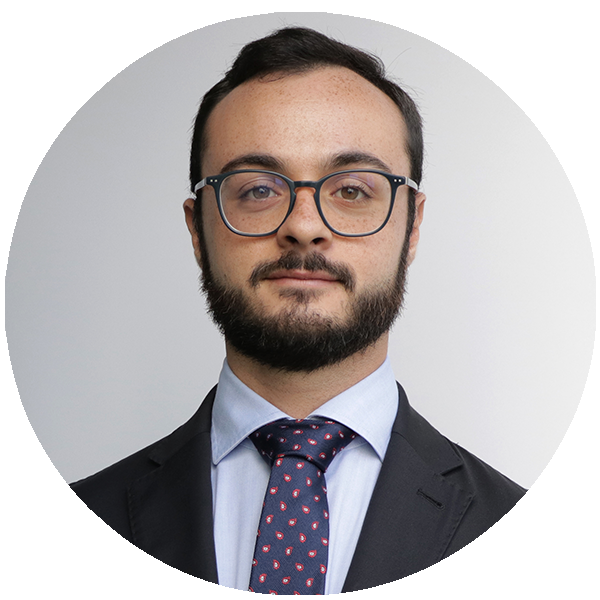#MIPexperience digital innovation Fintech International Master in Fintech Sustainability
BlackRock Hackathon: a green experience!
| Author: Lorenzo D’Auria, International Master in Fintech candidate

Milano Digital Week (MDW) is a social initiative hosted every year by the City Council of Milan to inform the public about challenges and issues in the digital environment. Among keynotes, roundtables and workshops, the organizational committee launches initiatives aimed at engaging companies and citizens in shaping the future of digital. The BlackRock Hackathon is an example of such public involvement.
At the beginning of 2020, Larry Fink, BlackRock’s CEO, announced that environmental sustainability would be at the core of the company’s investment strategy. This was a bold decision made by a global leader in the industry. Following the news, the company decided to launch a challenge aligned with UN SDG (United Nations Sustainable Development Goal) #13: Climate action. The goal of BlackRock’s Hackathon was to create a tool, leveraging big data and analytics, to support investment professionals in taking environmentally informed decisions for their clients.
Hackathons are generally demanding, as participants are asked to develop a thorough, innovative solution in an incredibly short amount of time. Personally, I found this one even more challenging for two reasons.
I signed up to the event as an individual. I was reluctant, at first. Building something with people you have never met before in just 36 hours is not an easy task: you need to create a common ground of communication style and understand how to push your ideas, among other things. Then I remembered something I had learnt some years ago: if you wish to grow and achieve great things, you need to exit your comfort zone ̶ so that is what I did. Luckily, I got along quite well from the start with Mattia and Stefano, my teammates, and, since the team is the key, everything was downhill from then on. And, despite the struggles and the little sleep, we managed to have fun and achieve our goal: winning the hackathon.
Furthermore, the contest addressed a quite complex issue. Despite improved willingness from companies to disclose their environmental impact, the greatest obstacle remains data availability. Whichever solution you want to design, you need to take this into account. Another crucial element was the type of product to present. How are users going to benefit? Which channels to use?
Throughout the competition, teams were supported by BlackRock professionals: in our case, the mentoring was extremely useful. Mentors helped us reason better with regard to the choices we were making by questioning them constantly. In the end, when we prepared the pitch for the jury, Mattia, Stefano and I had motivated our choices so many times that we were confident about the idea, and it only took us a few minutes to find the right words to describe it.
After an initial, long brainstorming session, where ideas seemed to pop up from everywhere, we decided to focus our attention on something that could easily be implemented by an incumbent and whose usage could possibly be sold: an algorithm optimizing the environmental performance of investment portfolios. The name? (re)Balance!
Our starting point was the Paris agreement and its stated goal to contain any increase in global temperatures within 2°C by 2030. Upon that, we built a mechanism that allocates money by picking the most environmentally virtuous emitters and securities from among a predefined set of categories (best-in-class approach). Moreover, as a team, we wanted something visual that could communicate to investors how much they are contributing to the goal: something socially valuable; a thermometer, showing how much investors’ portfolios are helping limit global warming.
I am a student of the International Master in Fintech. One could say the competition was basically my bread and butter, as it addressed innovation in the financial industry. Looking at the specificity of the challenge, especially, one could equally add that mastering financial and technological concepts was pivotal to performing well. This is not completely true. First, because the environmental component was relevant. Second, because innovation does not result just from knowing things. You need to analyse, understand and take decisions in an unexplored environment. In other words, you need to exercise critical thinking ̶ and I believe that’s where the Master was a game-changer for me: it taught me to think about what I know and use it in unconventional ways.
About the author
|
|
Lorenzo D’Auria I am 24 and grew up in Cagliari, Italy. I am a student of the International Master in Fintech at MIP and I hold a BSc in Economics and Management from the University of Trento. My professional interests revolve around the investment management industry and the impact new technologies have on it. |






